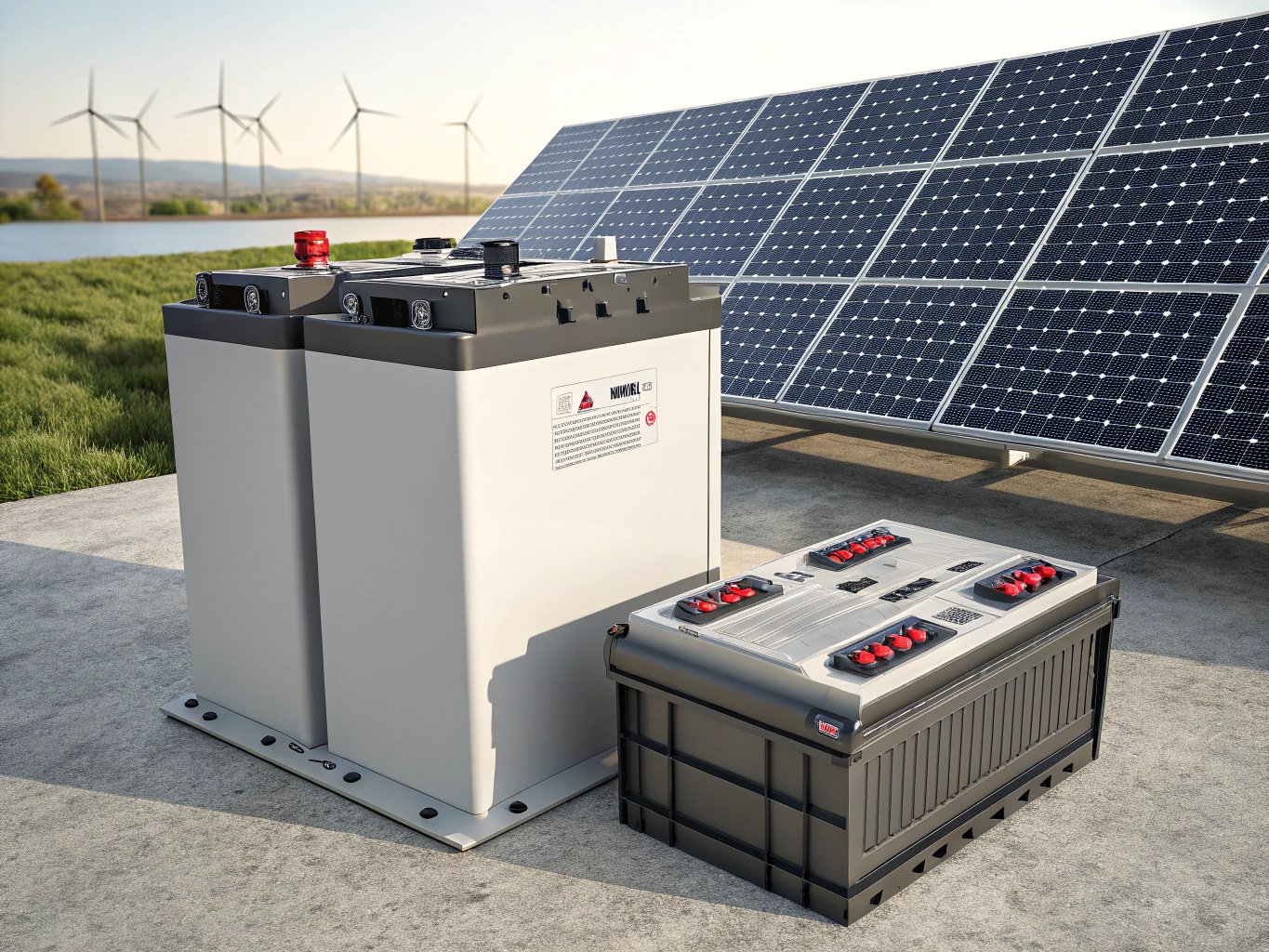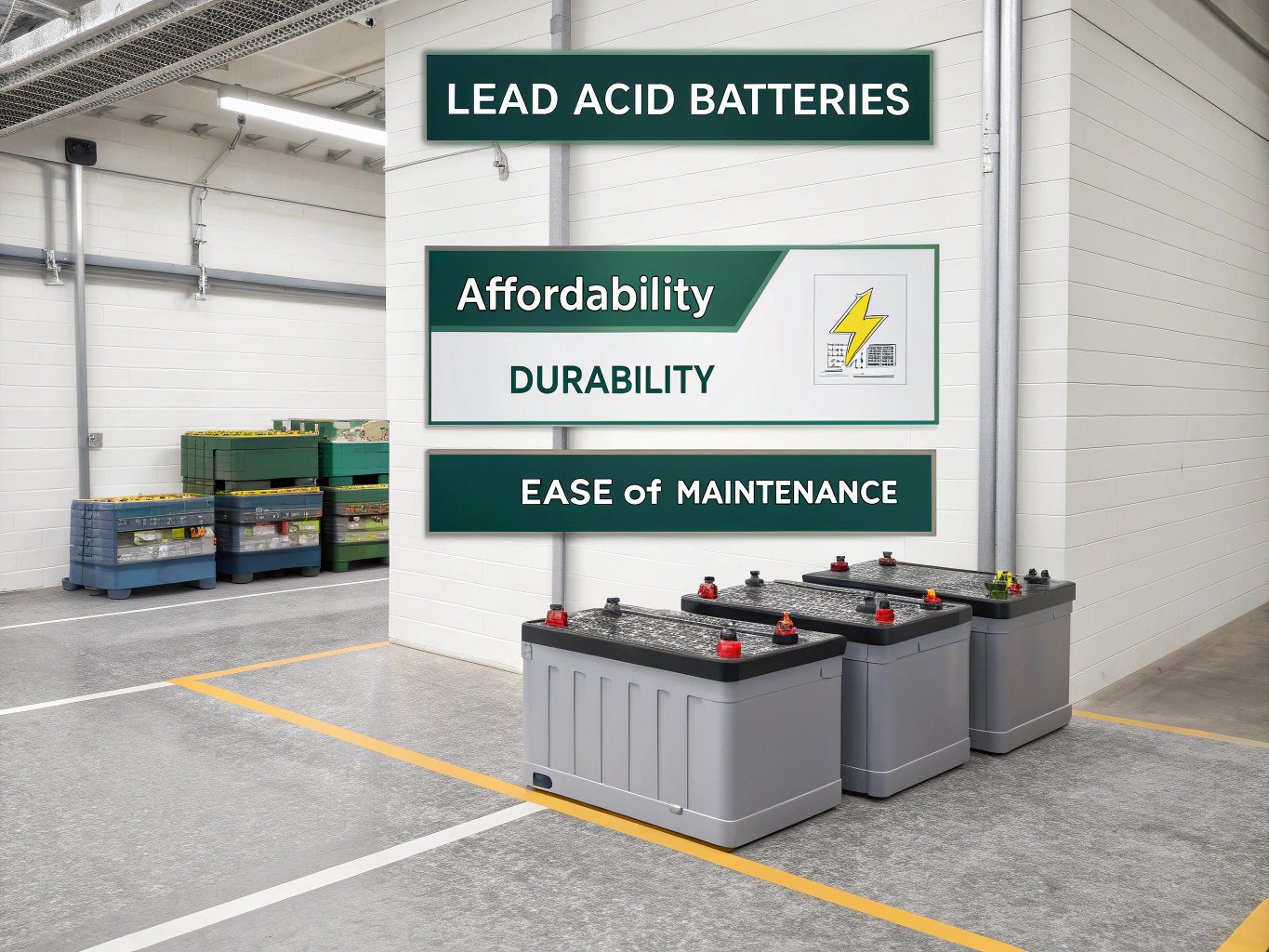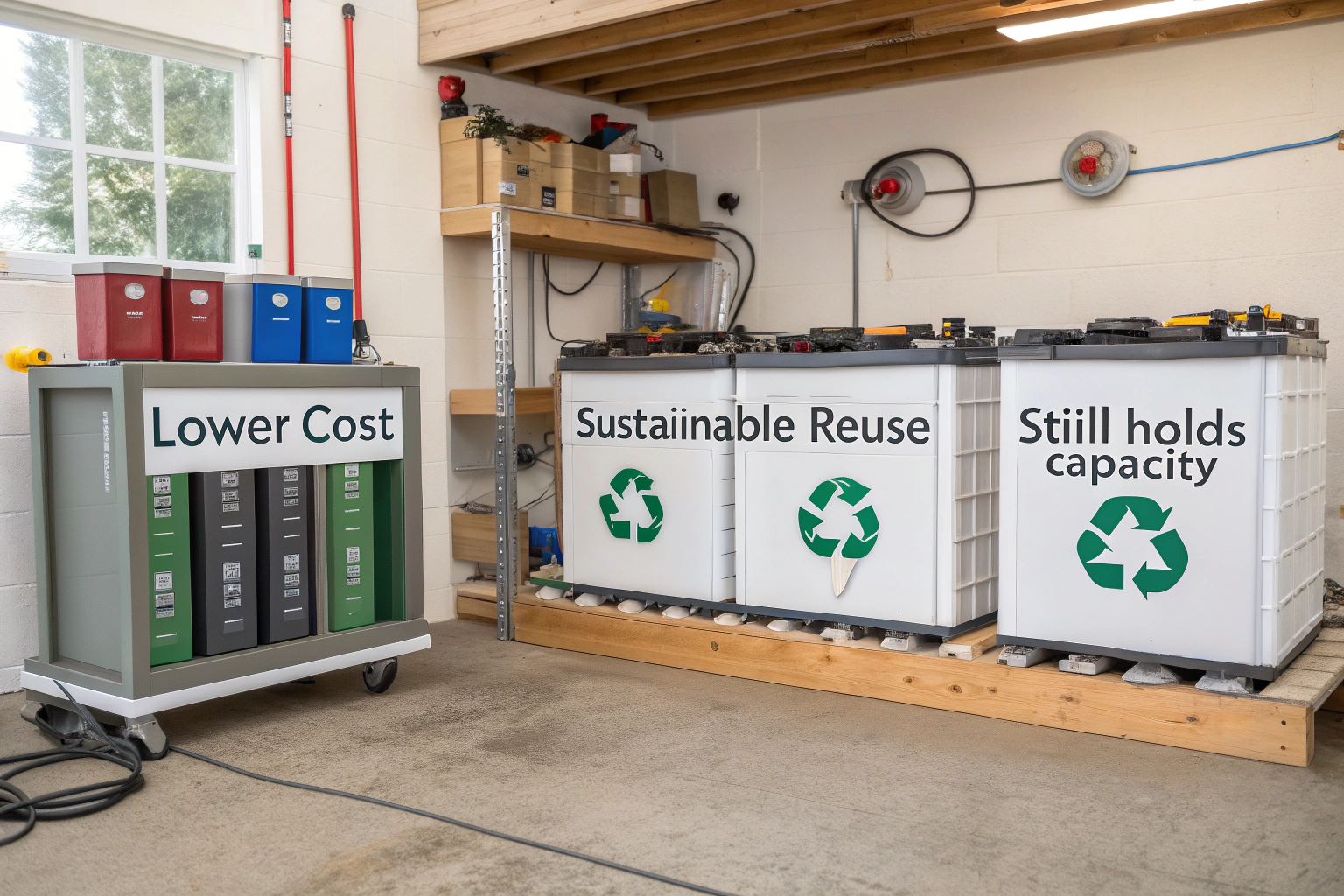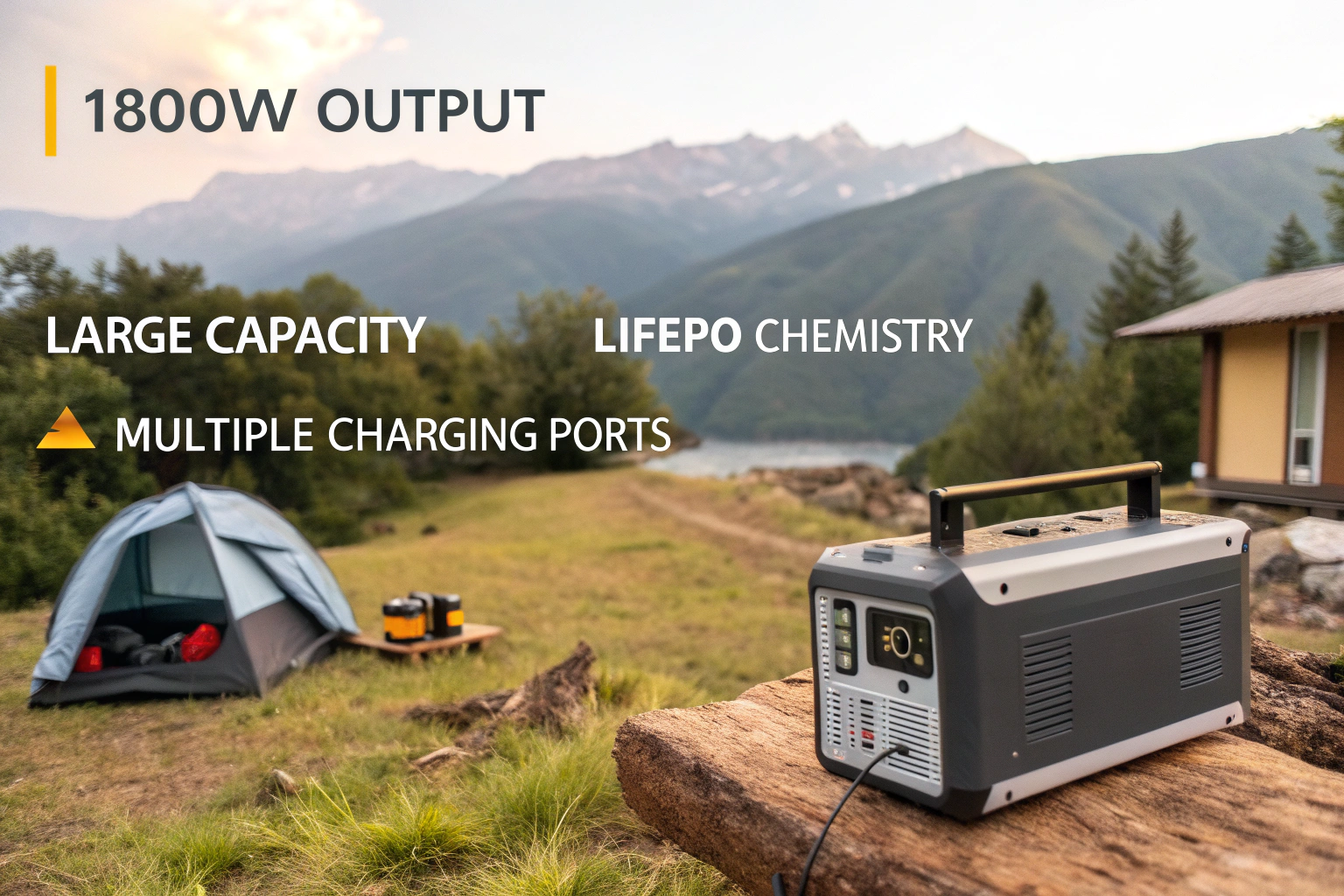
When it comes to powering portable devices, vehicles, or off-grid systems, choosing the right type of battery is crucial. Lithium-ion and lead-acid batteries are two of the most commonly used options, each with their distinct advantages and disadvantages. Whether you're considering a battery for a solar-powered generator, an electric vehicle, or a backup power supply, understanding how these two technologies compare can help you make an informed decision. This article delves into the core differences between lithium-ion and lead-acid batteries and explores which one may be best suited for your needs.
Lithium-ion batteries offer higher efficiency, lighter weight, and longer lifespan compared to lead-acid batteries, but they come at a higher initial cost. Understanding the pros and cons of each can help you select the right one for your application.
Choosing between lithium-ion and lead-acid batteries can be daunting, especially when considering factors like cost, efficiency, and long-term performance. To help you navigate this decision, let's dive deeper into each technology's strengths and weaknesses, and see which one meets your power needs best.
✔
Lithium-ion batteries typically last 2-3 times longer than lead-acid batteries, making them more cost-effective in the long term despite their higher initial cost.
✖
Lithium-ion batteries are more energy-efficient. They have higher charge/discharge efficiency compared to lead-acid batteries, which leads to better performance in energy storage applications.
What are Lithium-Ion and Lead-Acid Batteries?

Lithium-ion and lead-acid batteries are two different types of rechargeable batteries used in a variety of applications, from electric vehicles to backup power systems.
Lithium-Ion Batteries:
These batteries use lithium compounds as their primary component to store energy. They are widely known for their compact size, light weight, and ability to store a significant amount of energy relative to their size. Lithium-ion batteries are commonly used in everything from smartphones to electric cars and portable solar power stations.
Lead-Acid Batteries:
Lead-acid batteries are older technology, made from lead plates and sulfuric acid. While they are heavier and bulkier than lithium-ion batteries, they have been used for over 150 years in applications like vehicle starting batteries and large-scale power storage systems. Despite their age, they are still widely used because of their affordability and reliability.
Advantages of Lithium-Ion Batteries
Lithium-ion batteries are known for their superior efficiency and performance. They provide a higher energy density, which means they can store more energy in a smaller space, making them ideal for portable applications like solar power generators or electric vehicles. Their lightweight nature is another major advantage, especially for mobility solutions where weight is a concern.
Another key benefit of lithium-ion batteries is their longer lifespan. While a lead-acid battery may last 3-5 years under normal use, a lithium-ion battery can last 8-10 years or longer. This longevity not only reduces the frequency of replacement but also increases the overall return on investment.
Moreover, lithium-ion batteries exhibit higher charging efficiency and are capable of charging faster than lead-acid batteries. They also require less maintenance, as they don't need to be topped up with water like lead-acid batteries do. These factors make lithium-ion batteries a superior choice in energy storage systems where minimal downtime and maintenance are essential.
Advantages of Lead-Acid Batteries

Lead-acid batteries, despite being older technology, still offer several advantages. Their initial cost is significantly lower than that of lithium-ion batteries, making them a cost-effective option for people on a budget. Lead-acid batteries are also widely available and relatively easy to recycle, which is an important consideration for environmentally conscious users.
These batteries also have a proven track record of reliability and have been used in a variety of industries for decades. Lead-acid batteries are highly durable and can withstand harsh conditions, making them a solid option for applications where reliability and cost are the most important factors.
Another advantage of lead-acid batteries is that they are easier to repair and maintain in some cases. While lithium-ion batteries require specialized equipment for maintenance, lead-acid batteries can be easily serviced by technicians in a wider range of locations.
Key Differences Between Lithium-Ion and Lead-Acid Batteries
| Feature | Lithium-Ion Batteries | Lead-Acid Batteries |
|---|---|---|
| Energy Density | Higher energy density, more compact | Lower energy density, bulkier |
| Lifespan | 2-3 times longer (8-10 years or more) | Shorter lifespan (3-5 years) |
| Efficiency | Higher charge/discharge efficiency | Lower charge/discharge efficiency |
| Cost | Higher initial cost | Lower initial cost |
| Maintenance | Low maintenance, no need for water topping | Requires more maintenance (e.g., water topping) |
| Environmental Impact | More recyclable, less hazardous | Contain lead, less environmentally friendly |
Which Battery Is Best for Your Needs?
When deciding between lithium-ion and lead-acid batteries, it’s essential to consider your specific needs. If you are looking for a long-lasting, efficient solution with minimal maintenance, lithium-ion batteries are likely the better choice. They are especially suitable for applications like solar power systems, electric vehicles, and portable power stations where efficiency and longevity are key.
However, if you're on a budget and need a battery for a less demanding application, such as a backup power supply or a vehicle starter battery, lead-acid batteries offer an affordable and reliable solution. Their performance in cold conditions and ease of maintenance are significant benefits for specific environments.
Conclusion
Lithium-ion and lead-acid batteries each have their strengths and weaknesses, and the right choice depends on your specific requirements. While lithium-ion batteries are more expensive upfront, their efficiency, longer lifespan, and minimal maintenance make them a more cost-effective choice in the long run. On the other hand, lead-acid batteries are still a viable option for certain applications, particularly where cost is a primary concern. By carefully evaluating your needs, you can choose the battery that best fits your situation and ensures reliable, efficient performance for years to come.




